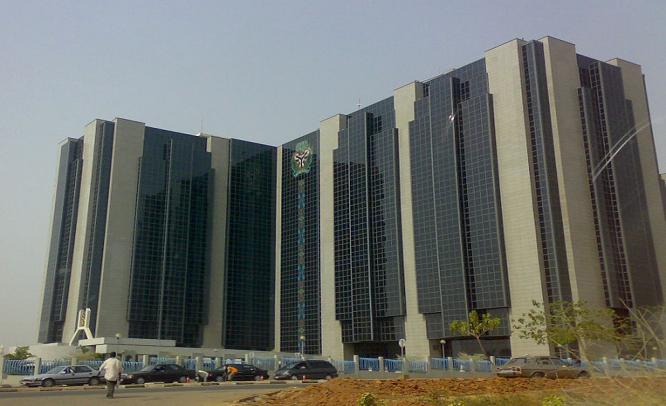Central Bank of Nigeria has approved Osun State an inland state in south western Nigeria plan to issue Nigeria’s first sukuk bond, starting with 10 billion Naira ($ 62 million)
11th August 2013
Nigeria, which has the largest population in the sub Saharan Africa is trying to establish itself as the African hub for Islamic finance. In recent months, a series of regulatory initiatives have set the groundwork for products such as Islamic bonds (sukuk), insurance (takaful) and other products, although there are only limited market participants.
Special advisor on non interest banking to the Central Bank Governor Bashir Aliyu Umar said “The potential is there but the market is negligible in Nigeria due to the presence of a single Islamic bank but it has potential to grow” he said. Islamic banking is currently offered by Stanbic IBTC, a unit of South Africa’s Standard Bank and Jaiz Bank. Jaiz Bank an unquoted public company owned by over 3000 shareholders with branches spread across the country now plans to obtain a national license and expand operations beyond Nigeria’s north, which is hit by Islamic insurgency. Despite such insecurities, Jaiz Bank has grown its branch network to ten from an initial three, with ambitious expansion plans to establish 300 branches by 2017. It has completed its capital acquisition in August, attracting investors such as the Jeddah based Islamic Development Bank. As of June, it had total assets of 20.6 billion naira ( $ 129 million) and capital of 10 billion naira. Sterling Bank has been granted approval in principle for an Islamic window, while two more lenders have expressed their interest in obtaining licenses to operate Islamic windows, according to a central bank official.
Nigeria which has a Muslim population of 80 million is a largely untapped market for Sharia banking, which forbids receiving or payment of interest. EFINA, a Lagos based development organisation estimated that 34.8 percent of Nigerian adults who did not use non interest banking products were likely to take them up if they were available. The banking sector, however, remains largely undeveloped, the report found that over 61.6 percent of adults borrowed from their families and friends, while only 5.6 percent of them used deposit taking banks and 9.9 percent used co-operatives. To induce more investment to Islamic banking, Sterling bank plans to rollout several products including a profit sharing account and other investment products. Sukuk could come to the market soon, after rules for their issuance were approved in March by Securities Commission. Osun State an inland state in south western Nigeria plans to issue Nigeria’s first sukuk bond, starting with 10 billion naira ($ 62 million), the planned 7 year paper would be the first sukuk bond to be issued in Africa’s second biggest economy and is a part of a 60 million naira debt rising programme by Osun State. The Osun bond will be issued through a book building process which will earn a return for sukuk holders through a semi annually paid rent structure called the Ijara, targeting pension funds and international investors on the bond.
Local credit agency Agusto & Co had assigned an ‘A’ rating to the note, which will be listed in the Nigerian Stock Exchange, Osun was waiting for the Securities and Exchange Commission’s approval to start marketing of the bond. The central bank has set up an advisory committee to regulate Sharia compliance, while the insurance regulator issued guidelines for Takaful operations.

